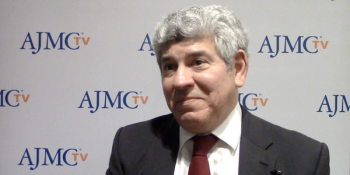
How valuable are digital data collection tools in healthcare and what do they mean to the patient? Are they helpful or is this revolution merely a hype? These were some of the discussions during the plenary session on the second day of the International Society for Pharmacoeconomics and Outcomes Research 23rd Annual International Meeting.













